6 Terribly Bad Property “Advice” To Avoid In Singapore
June 3, 2021
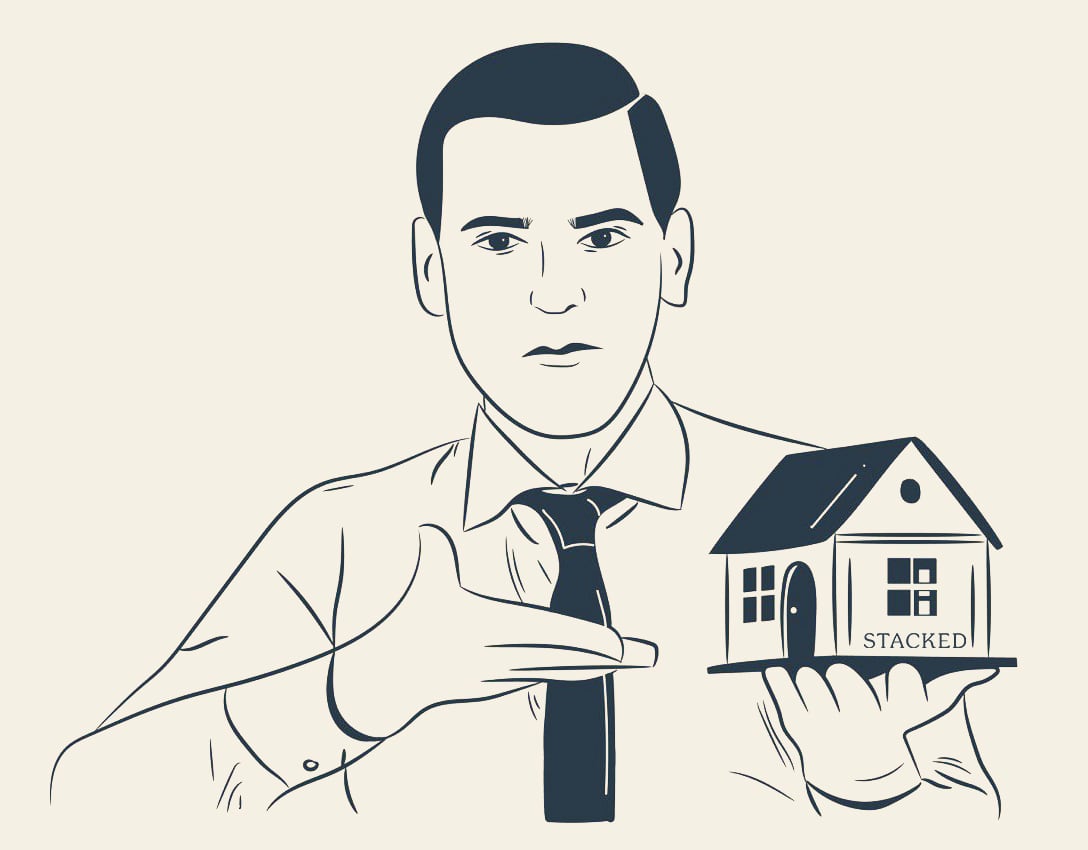
Bad property advice can come from the best of intentions, but that doesn’t change the financial damage it can cause. Most forms of “bad” property advice aren’t malign. It’s just that they’re oversimplified, or just plain outdated. From obsessing over the lowest price per square foot to assumptions of positive cash flow, we’ve picked out some of the common bits of bad advice to reconsider:

So many readers write in because they're unsure what to do next, and don't know who to trust.
If this sounds familiar, we offer structured 1-to-1 consultations where we walk through your finances, goals, and market options objectively.
No obligation. Just clarity.
Learn more here.
Bad Property Advice #1: The Progressive Payment Scheme or Deferred Payment Scheme will make properties more affordable
These schemes make properties appear more affordable, and may help to alleviate certain cash flow issues. They don’t, however, make your property “more affordable”.
With the Progressive Payment Scheme (PPS), the loan repayment grows as the property is completed. This is due to the way the loan is disbursed. For example, 10 per cent of the loan is disbursed after the foundation is laid; then 10 per cent after concrete framework, etc.
This means the monthly loan repayment can start off very low. For example, for a loan of $1,125,000 for 25 years, at 1.3 per cent interest, the loan repayment for the first year can range from a mere $292 to $888 per month.
After completion however, the loan repayment would actually come to about $4,631 per month, for the next 22 years. Also, the stages of progress are not fixed – a builder might complete several stages at once, so your loan repayments can rise faster than expected.
While the PPS can help your cash flow for a while, it won’t ultimately change the issue of affordability.
The Deferred Payment Scheme (DPS) allows you to defer loan repayments, usually for 24 months, if you buy a newly completed property. The DPS is only for properties that have received the Temporary Occupancy Permit (TOP).
The DPS can sometimes mean you’re able to rent out the property, during the 24 months; this is often used as a selling point to draw aspiring landlords.
What you should know, however, is that new and completed properties are often sold at a premium. You’re also paying for the advantage of being able to move in, or sometimes rent the property, right away. This can result in a price difference of as high as 20 per cent.
In addition, you take on additional risk (such as your financial situation changing within the 24-month period), and you may be left with the very last (read: worst or most expensive) picks in the development.
Where the DPS truly excels is providing convenience, not affordability. If you’re upgrading from a flat, for instance, the DPS allows you to move into your condo first; then you can focus on selling off your previous flat, without periods where you have to service two home loans.
So the PPS and DPS do provide certain advantages; but buyers should never figure that they somehow make properties cheaper, or more affordable.
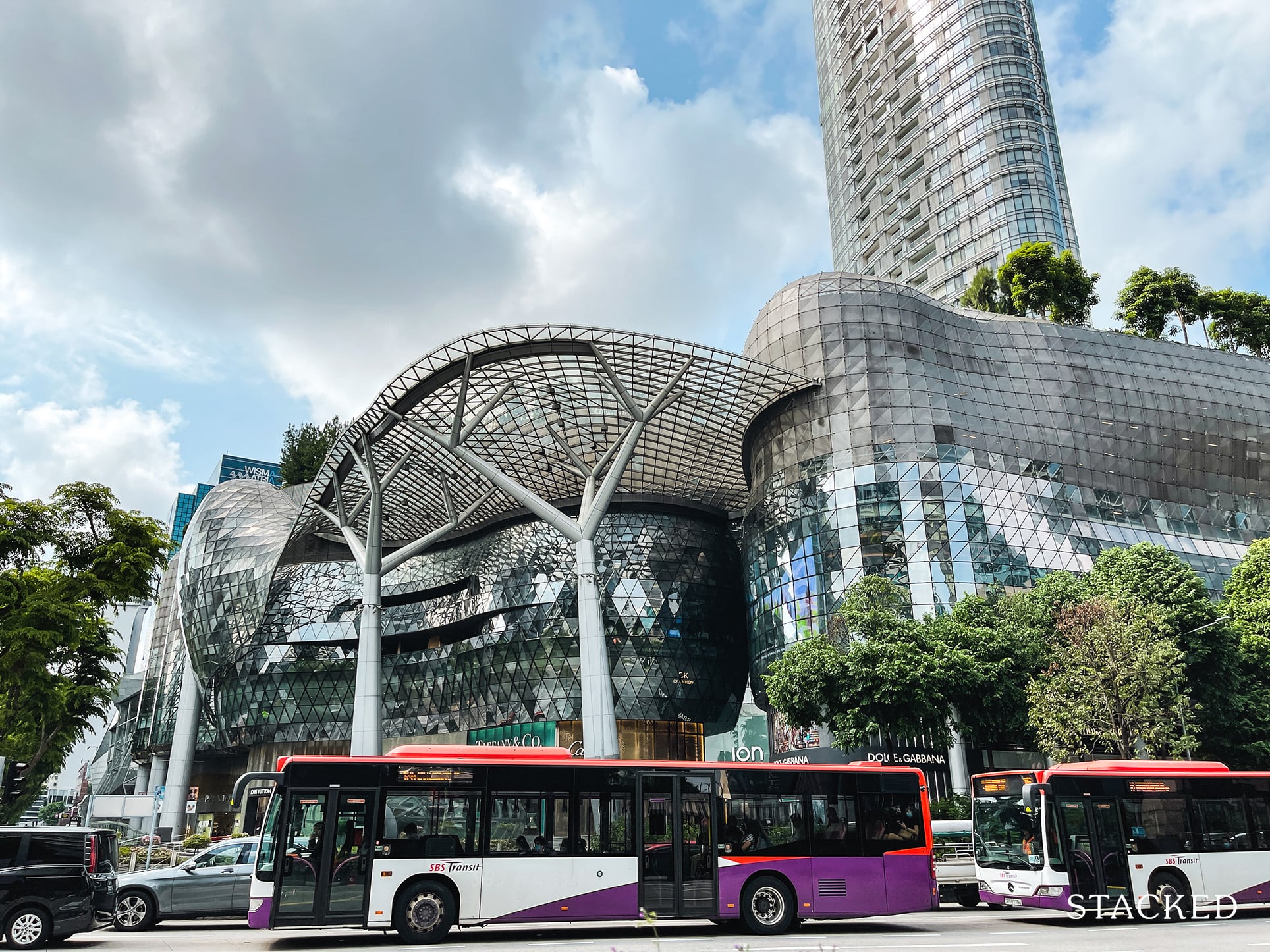
Bad Property Advice #2: Landlords should buy units near (insert amenity X) to improve rental yield
This arises from the confusion between rentability and rental yield. In fact, buying a unit close to a key amenity could lower your rental yield, as developments closer to these are sold at a premium.
Rental yield is a measure of the rental income generated, versus the cost of the property. Rentability refers to how easily you can attract and retain a tenant.
For example, The Orchard Residences has high rentability, as it’s right above Ion Orchard and the MRT station; there’s no shortage of people who’d love to live there. However, the rental yield is not very high:
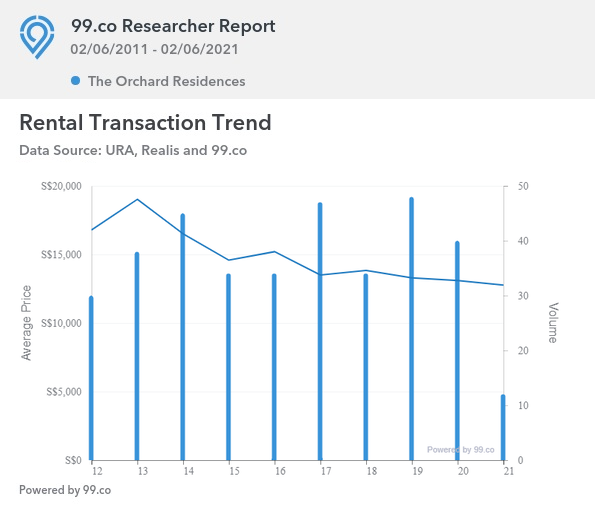
The average rental income, at Orchard Residences, at the time of writing, is $12,763 per month.
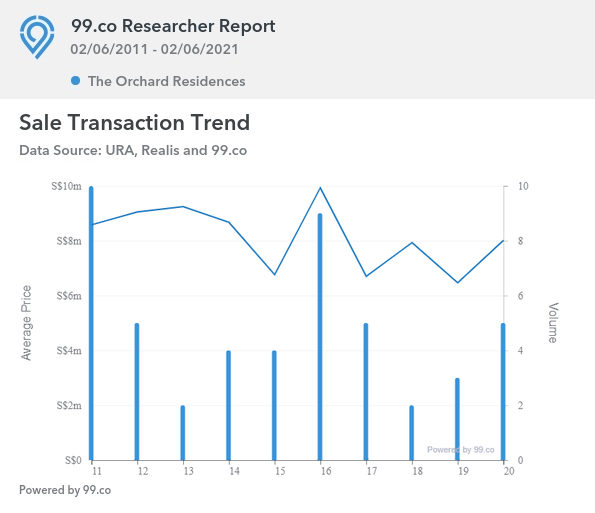
The average price, at the same time, is about $8,016,000. The gross rental yield would be (($12,763 x 12) / $8,016,000) x100 = 1.9 per cent
As of 2021, the average gross rental yield for most condos is between two to three per cent. As such, The Orchard Residences is an example of high rentability, with low rental yield.
Note that this doesn’t make it bad, and some landlords prefer high rentability over a slightly lower yield. High rentability can prevent total vacancies even in a downturn and reduces the acquisition cost of finding new tenants. However, they’re conscious of this before they buy.
It’s also worth noting that sometimes, amenities can increase rentability, without affecting actual rental yield. A typical example of this is proximity to MRT stations. It will probably draw more prospective tenants, but you have no guarantee that those tenants will pay significantly more because of it. There could be other factors, such as an older condo nearby that’s charging less, which makes it hard for you to raise your rental rate (you’d still have paid a higher price for a unit near the MRT though).
As with all investment scenarios, this is entirely subjective and you need to do your research before you plunge into anything.
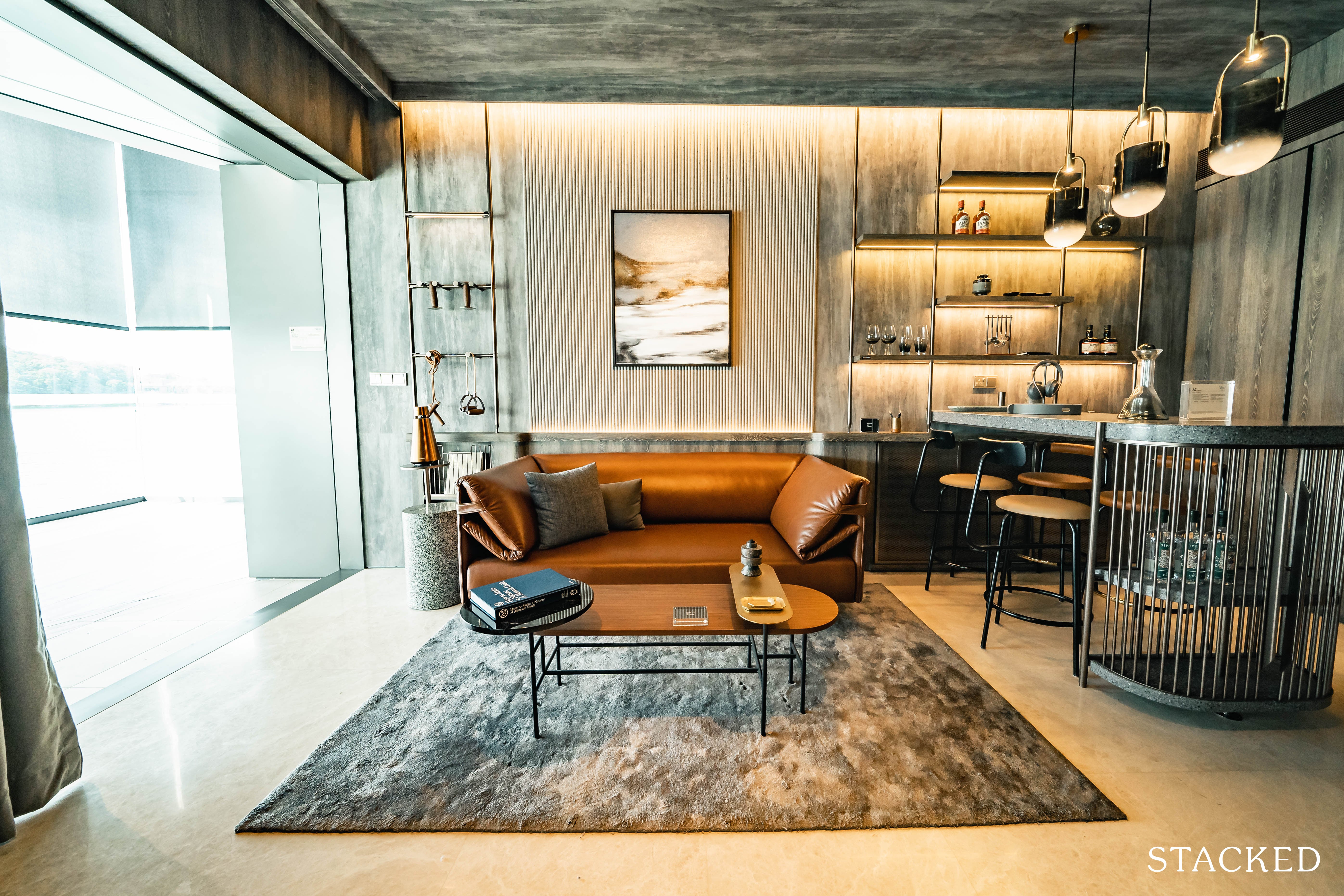
Bad Property advice #3: Living with your parents? Buy a shoebox and rent it out as soon as you can afford it, as an investment.
The idea is sound in theory:
Buy a shoebox at 25 or 30 if you can afford it. Hold on for perhaps five to 10 years, and then sell it and buy your own place. In the meantime, the rental income would cover the interest repayments (or in the case of cash-flow positive properties, perhaps even the full loan repayment).
However, this is one of the most common sources of shoebox investments gone wrong.
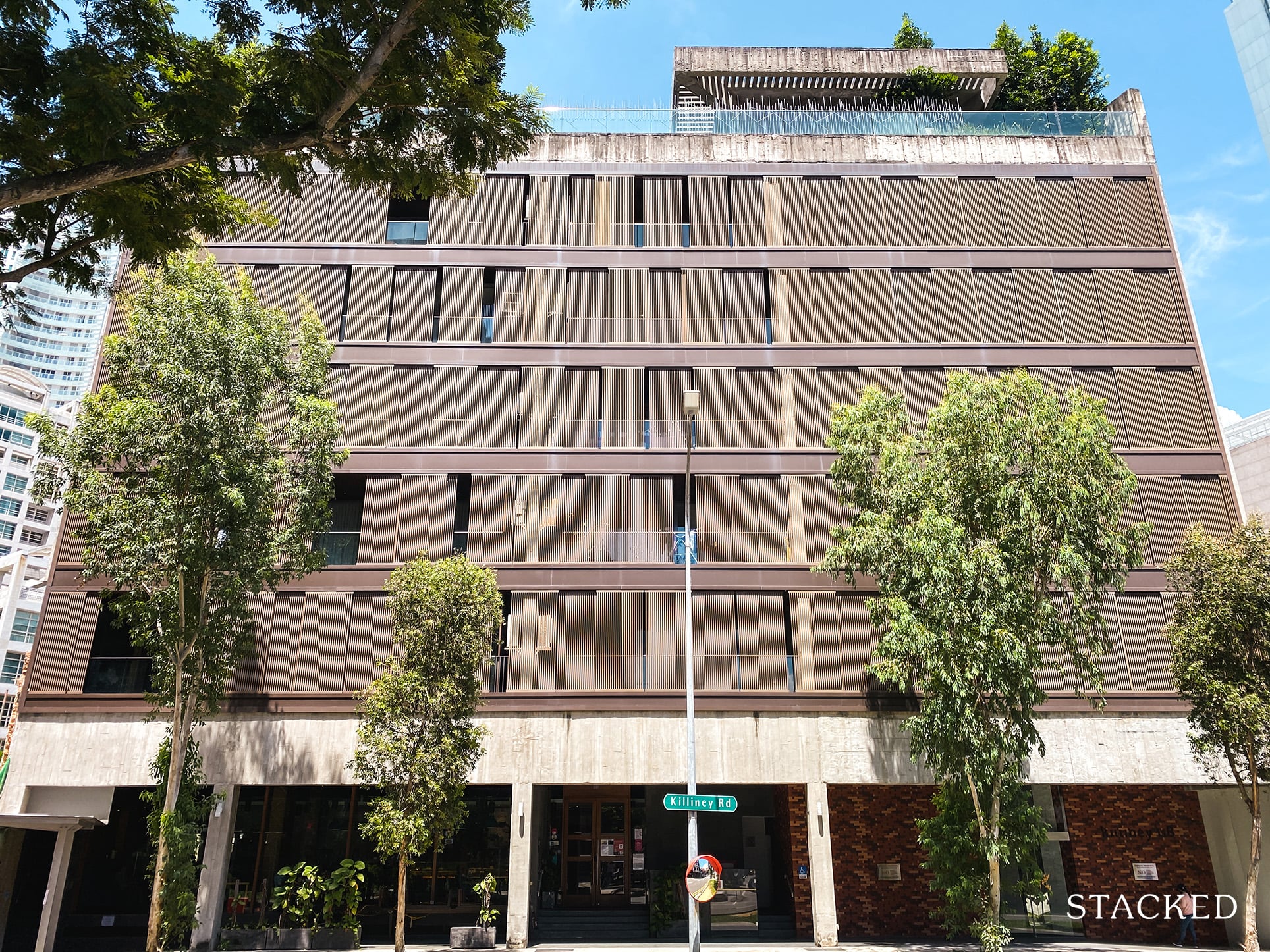
Property Investment InsightsShoebox Units: A Performance Review Over The Past 10 Years
by Ryan J. OngYou need to consider what will happen if, in the next few years, you end up needing a place of your own. Perhaps you’re getting married, or your family situation requires you to move out. This can set off a cascade of problems.
First, if you’re dependent on rental income to pay for the shoebox, then odds are you’ll have to sell it. You don’t know the state of the property market at the time, and it could result in a loss.
Second, remember that you can’t buy an HDB flat while you own a private property. Should you dispose of a private property, you need to wait 30 months before you can apply for a BTO flat (which also has a construction time of about three to four years). This means that you’ll be restricting yourself to resale flats, should you need a home in a pinch.
For these reasons, we’d suggest you follow this advice only if (1) you wouldn’t be wholly dependent on rental income to pay for the shoebox, and (2) you’re absolutely certain you won’t be forced to sell for the next three years. This is to avoid incurring the Sellers Stamp Duty (SSD), should you sell within three years of buying.
If it’s viable, consider saving up more, and getting a two-bedder instead. On the off chance you decide to settle down, your two-bedder could be a viable home for you and your spouse; for at least a few years. This might prevent the need to sell and start looking for a resale flat, on short notice.
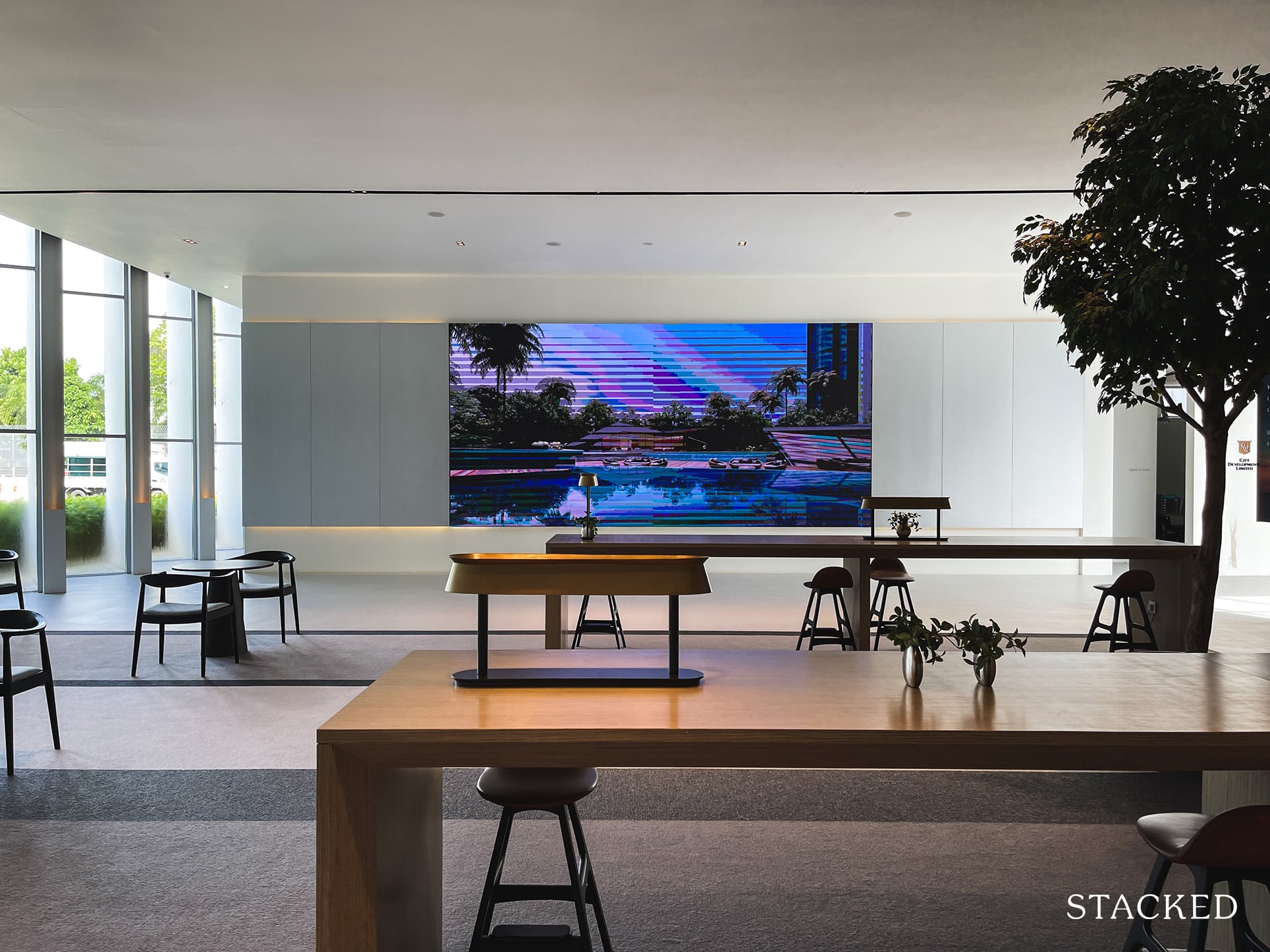
Bad Property advice #4: Put down a cheque to book the unit first, you can extend the Option To Purchase (OTP) if you can’t get a loan on time
This advice is outdated, and developers can no longer repeatedly renew a lapsed OTP. As of September 2020, the best a developer can do is provide an OTP with a longer validity period of up to 12 weeks. Even then, this requires permission from URA.
As such, don’t try to “chope” a unit with a cheque, unless you already have a pre-approved home loan. There’s a real chance you’ll end up losing a chunk of the deposit, or taking the worst home loan rates out of desperation.
In fact, just don’t even walk into the show flat or viewing before you get in-principle approval from the bank. There’s only a 14-to-21-day period to exercise the OTP, which often isn’t enough time to secure a loan.
You can contact us for help if you’re not sure how to do any of this. We’ll help you find the cheapest bank first, then get in-principle approval from them. After that, you can start house hunting with a clear budget in mind.
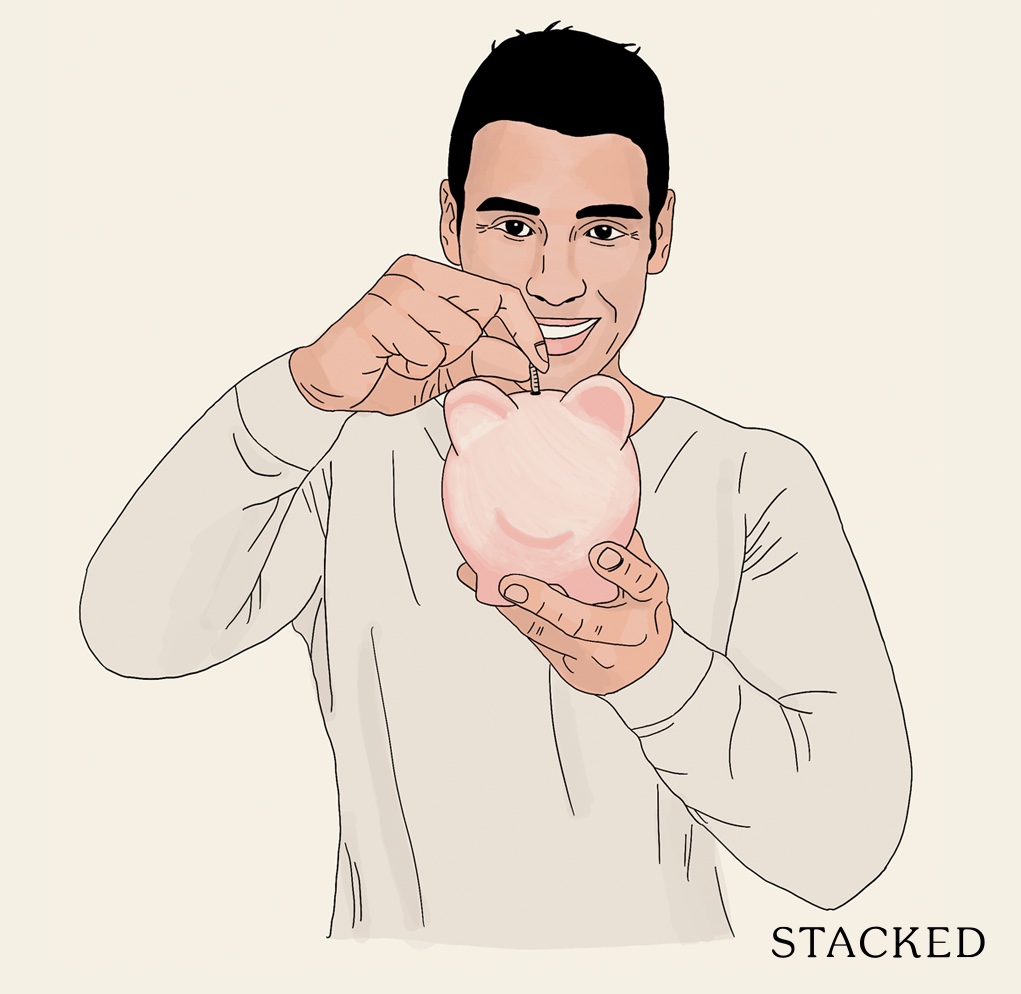
Bad Property advice #5: Dodge the ABSD by putting the home under your child’s name
If your child is at least 21 and doesn’t own a property, you can buy another home in their name. While it could work, this advice is often dangerously oversimplified.
First, you need to consider what happens if your child sells the home, takes out a home equity loan on it, or does something you don’t approve of. This could result in serious damage to your finances, especially if the property was intended as a retirement asset.
Second, your child will be unable to buy an HDB flat, until the property is disposed of. If they want a BTO flat, they’ll need to wait another 30 months after the property is sold. This can be problematic later, such as if they want to get married and get a home of their own.
Third, remember that certain forms of assistance – such as GST offset vouchers, or recent Covid-19 assistance for the self-employed – vary based on the Annual Value (AV) of one’s home. If your child is listed as owning a condo, odds are they won’t be eligible for this kind of aid, regardless of their true financial situation.
As such, this advice should only be taken with the appropriate planning. Do keep in mind that transferring the property back to yourself later, from your child, can also incur stamp duties.
Do speak to a conveyancing lawyer, to grasp the full implications before doing this.
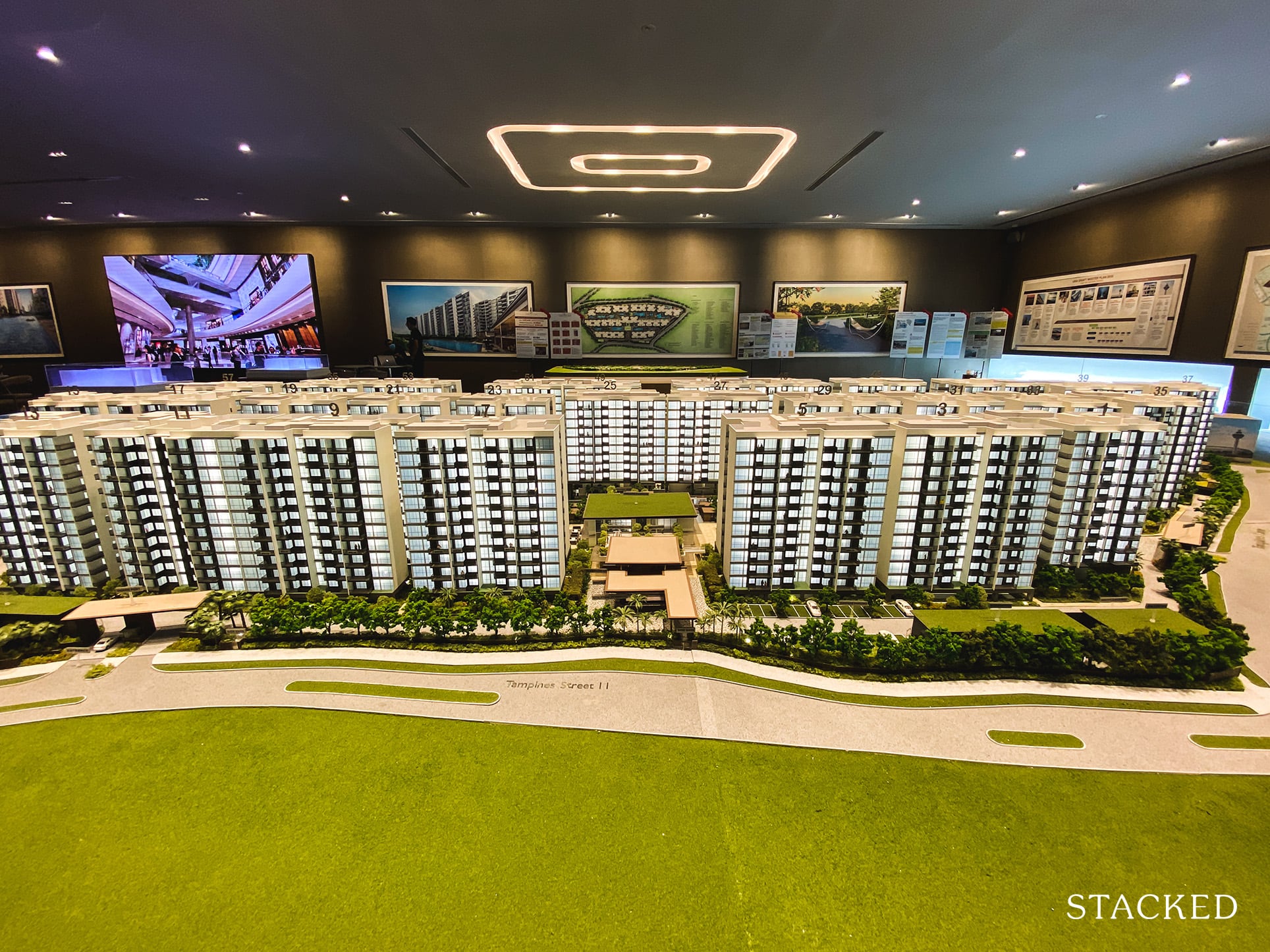
Bad Property advice #6: Buy based on low price; the lower the price the better the investment
The problem here is, again, an oversimplification. Property investments are not simple in that they can be reduced to a single factor, however important that factor may be.
For example, mega-developments like Treasure at Tampines, Normanton Park, Parc Clematis, etc., may be priced lower than surrounding developments. These mega-projects, which have over 1,000 units (over 2,000 in the case of Treasure at Tampines) do tend to have a lower price point.
However, you’d need to consider what happens in the future, when there will be multiple landlords and sellers all within the same development. The sheer amount of competition can also cap your gains.
The same goes for buying older properties, with lower price points. A common argument is that these properties outperform – the low price, coupled with rental income that’s only a bit lower than surrounding units, means a sky-high rental yield (People’s Park Complex is a prime example of this).
However, this ignores issues of lost rentability from the state of maintenance; or the prospect of lease decay. Some of these properties may be inhabited by older home owners, who have no inclination to accept an en-bloc sale in their late 70’s or 80’s.
As such, it’s not a good idea to buy purely on price; wherever the discount may be from (early bird discount, lease decay, fire sale, etc.) While a low price is a key consideration, it still has to be read along with other factors like location, upcoming developments in the URA Master Plan, and maintenance.
For a holistic look at properties that can help, follow us on Stacked. Our price comparisons are made with these other factors in mind, so you can make a more informed decision (and not rely on bad property advice).
At Stacked, we like to look beyond the headlines and surface-level numbers, and focus on how things play out in the real world.
If you’d like to discuss how this applies to your own circumstances, you can reach out for a one-to-one consultation here.
And if you simply have a question or want to share a thought, feel free to write to us at stories@stackedhomes.com — we read every message.
Ryan J. Ong
A seasoned content strategist with over 17 years in the real estate and financial journalism sectors, Ryan has built a reputation for transforming complex industry jargon into accessible knowledge. With a track record of writing and editing for leading financial platforms and publications, Ryan's expertise has been recognised across various media outlets. His role as a former content editor for 99.co and a co-host for CNA 938's Open House programme underscores his commitment to providing valuable insights into the property market.Need help with a property decision?
Speak to our team →Read next from Property Advice

Property Advice We Sold Our EC And Have $2.6M For Our Next Home: Should We Buy A New Condo Or Resale?

Property Advice We Can Buy Two HDBs Today — Is Waiting For An EC A Mistake?

Property Advice I’m 55, Have No Income, And Own A Fully Paid HDB Flat—Can I Still Buy Another One Before Selling?

Property Advice We’re Upgrading From A 5-Room HDB On A Single Income At 43 — Which Condo Is Safer?
Latest Posts

Property Investment Insights This 55-Acre English Estate Owned By A Rolling Stones Legend Is On Sale — For Less Than You Might Expect

Singapore Property News I’m Retired And Own A Freehold Condo — Should I Downgrade To An HDB Flat?

New Launch Condo Reviews What $1.8M Buys You In Phuket Today — Inside A New Beachfront Development





































11 Comments
You do realise that your copious amount of “advice” just further confuses people, right? Just buy the property you like, period. Let the rest take care of itself. Cheers, mate. Btw, yes! You don’t have to publish this comment 🙂
Just buy the property you like? Don’t think that is the right mindset for investment property.
ho…ho…ho… caseyaff, you sounded like Santa Clause speaking…
10 June 2021
Singapore
I felt so much a kindred spirit reading through the article. It was as if a big brother giving advices of experiential knowledge that are some kind of rare gems which are hard to find, especially, in times of need. Thank you very much, Ryan for an unselfish sharing in this write-up of a precarious financial subject!
10 June 2021
Singapore
I thoroughly appreciate all your content, intent, and narratives. Perhaps this is not the best article to drop this comment on but… you (or your editor) need to cull the word count. More than often (almost always) your articles are tiresome to read. Go Newpaper, not Economist (even the Economist makes a relevant and appropriate impact with each sentence).
Hi Jerome, appreciate the candid feedback. We’ve definitely a lot that we can still improve on. Just curious, could you let me know which piece you thought was one of the more succinct ones? Thanks!
I disagree. I’ve read a number of your articles and I very much like the way you take the time to outline and clarify each point in a layman way where it is easy to understand. I appreciate your articles very much and I wish I had known a lot of these info much earlier before investing.
Thank you for the article. Appreciate the efforts to elaborate each point. Thank you for providing good content.